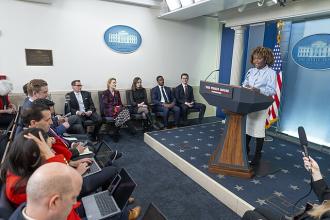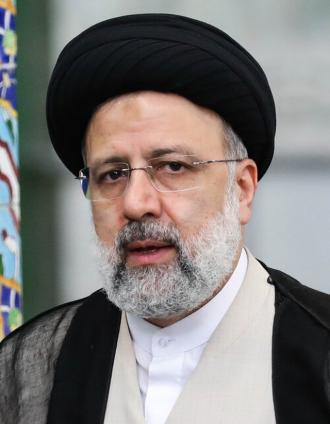Former FBI Director James Comey admitted on "Fox News Sunday" that the recently released Justice Department Inspector General’s report on the launch of the FBI’s Russia investigation and their use of the surveillance process showed that he was "overconfident" when he defended his former agency's use of the Foreign Intelligence Surveillance Act (FISA).
This comes days after IG Michael Horowitz’s report and testimony before the Senate Judiciary Committee detailed concerns that included 17 “significant errors and omissions” by the FBI’s investigative team when applying for a FISA warrant to monitor former Trump campaign adviser Carter Page. Horowitz referred “the entire chain of command” to the FBI and DOJ for “how to assess and address their performance failures” during the probe, which was conducted while Comey was in charge.
"He's right, I was wrong," Comey said about how the FBI used the FISA process, adding, "I was overconfident as director in our procedures."
Horowitz did make it clear that he believes the FBI’s investigation of Russian election interference and possible connections with the Trump campaign was properly initiated, but he did note that this is based on a “low threshold.” He also concluded that there was no testimonial or documentary evidence to show that the investigation started due to any political bias, but said the issue of bias “gets murkier” when it comes to the various issues with the FISA process.
That process included the reliance on information gathered by former British spy Christopher Steele as part of opposition research conducted by Fusion GPS for the Democratic National Committee and Clinton campaign. Horowitz’s report stated that government attorneys were hesitant to approve a FISA warrant application until they relied on unverified information from Steele. That information also was used in subsequent renewals for the FISA warrant.
Comey downplayed the role of Steel's information in obtaining the FISA warrant against Page, claiming Sunday that it was "not a huge part of the presentation to the court," although recognizing that "it was the one that convinced the lawyers" to move forward.
He claimed he had not misstated the relevance of Steele's information, but said "if I was then I'm sorry that I did that."
In addition to not properly ensuring that the evidence they presented was accurate, the FBI was found to have omitted exculpatory information about Page that could have impacted the judge’s decision in granting the FISA warrant. Included in this was an instance where an attorney was found to have altered an email to say that Page had not been a CIA source, when in fact he had been working with them. That information would have justified Page’s contacts with Russia, and its omission ultimately led to the FBI renewing the FISA warrant against Page. Read more at FOX News















